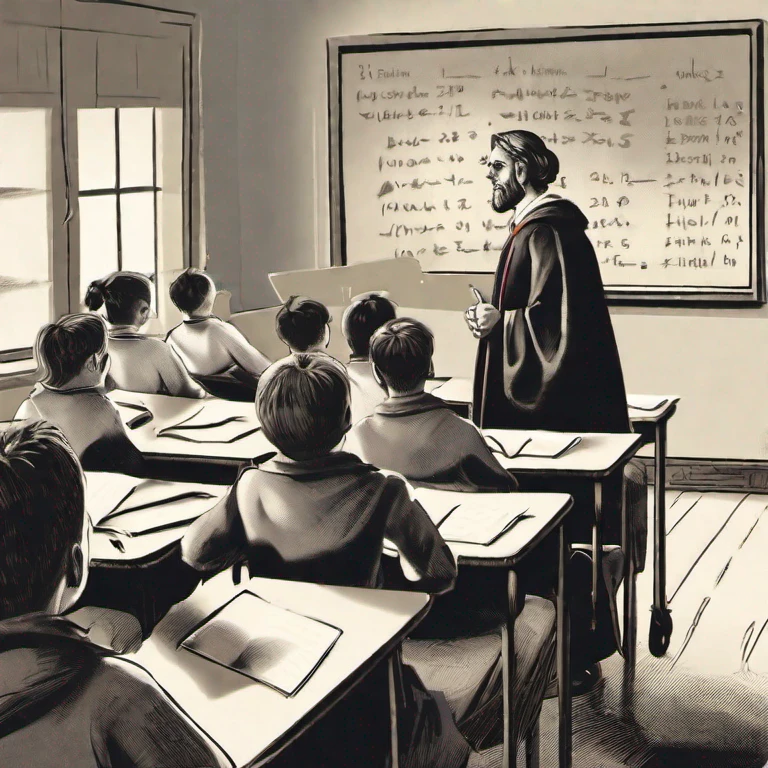In an era marked by rapid technological advancements and shifting societal values, the role of faith in education has been sidelined. This critical article highlights the detrimental consequences of the absence of faith in modern curricula, particularly impacting the development of impressionable young minds. Exploring biblical passages that emphasize the importance of education, we will shed light on the potential benefits of incorporating faith-based teachings into the curriculum. Lastly, we will reflect on the imperative role of the youth in shaping our future.
The Decline of Faith in Education
In our quest for progress and secularization, educational systems worldwide seem to have disregarded the value of faith and spirituality. Traditional subjects like mathematics, science, and literature dominate the curriculum, while religious studies and moral education take a backseat. This void creates a vacuum that gravely affects the holistic development of young learners by depriving them of profound insights and values that faith-based education provides.
Biblical Passages on Education
The Bible provides significant guidance concerning the importance of faith in education. Proverbs 1:7 states, “The fear of the Lord is the beginning of knowledge.” This implies that true knowledge and wisdom stem from acknowledging a higher power and understanding the moral principles it provides. Similarly, Proverbs 22:6 instructs, “Train up a child in the way he should go, and when he is old he will not depart from it.” Here, the emphasis is placed on the responsibility of educators to instill faith-based values from an early age, ensuring they become intertwined with a child’s character.
Negative Consequences for Youth
The absence of faith in modern curricula can have detrimental effects on the youth. Without exposure to faith-based teachings, young learners are deprived of moral compasses that help navigate complex dilemmas from a value-based perspective. They may lack meaningful connections with their spiritual selves and struggle to find purpose or meaning in life. Furthermore, faith helps cultivate empathy, compassion, and tolerance, qualities fundamental for creating a harmonious society. Neglecting the inclusion of faith education results in a generation that may be intellectually astute but ethically unaware.
The Youth: Building Our Future
The youth represents the foundation upon which our future society is built. By equipping them with a solid moral foundation, rooted in faith, we provide them with the tools necessary to navigate the challenges they will inevitably face. Empowering young individuals with a strong sense of faith instills in them the resilience and determination essential for making moral decisions and influencing positive change. It fosters an environment of understanding, unity, and shared values that promote social cohesion.
Faith is Knowledge
The absence of faith in modern education is a pressing issue that contributes to the negative impact felt by today’s youth. By neglecting to incorporate faith-based teachings, educational systems are failing to equip young learners with vital moral compasses, empathy, and a deep sense of purpose. Recognizing the significance of faith-based education can help realign our educational priorities, empowering the next generation to become ethical leaders who shape a morally conscious and enlightened society. Let us embrace the youth as our future, taking the necessary steps to reintegrate faith into modern curricula and restore a balance between knowledge and faith.
